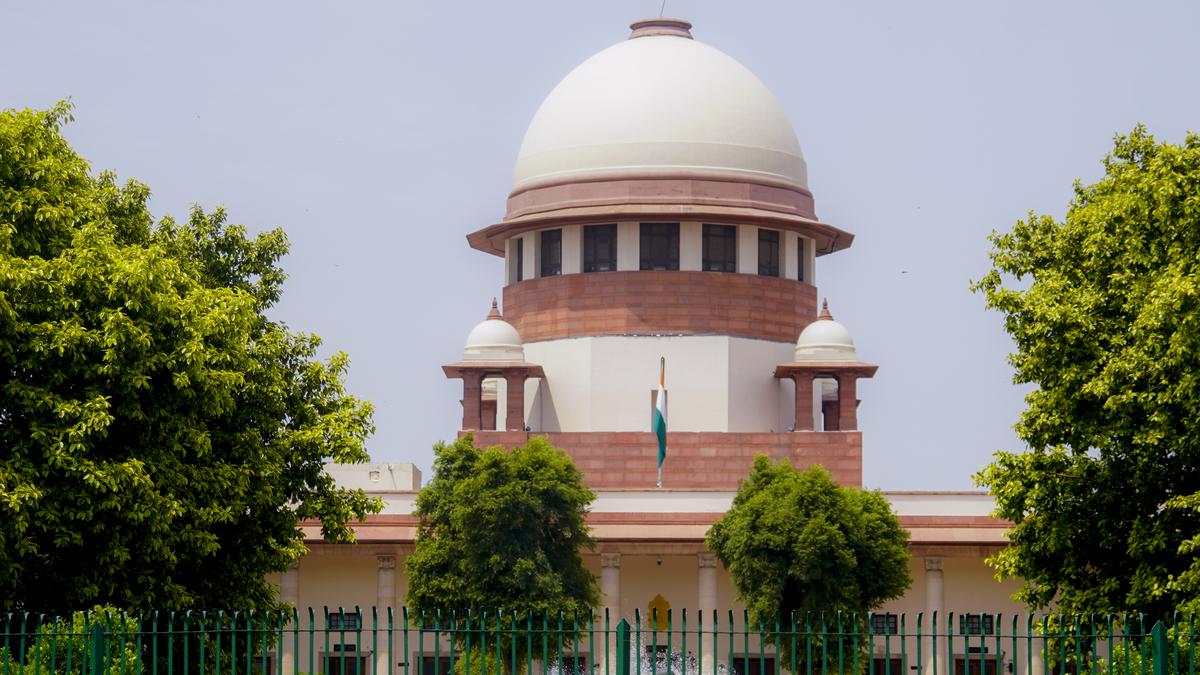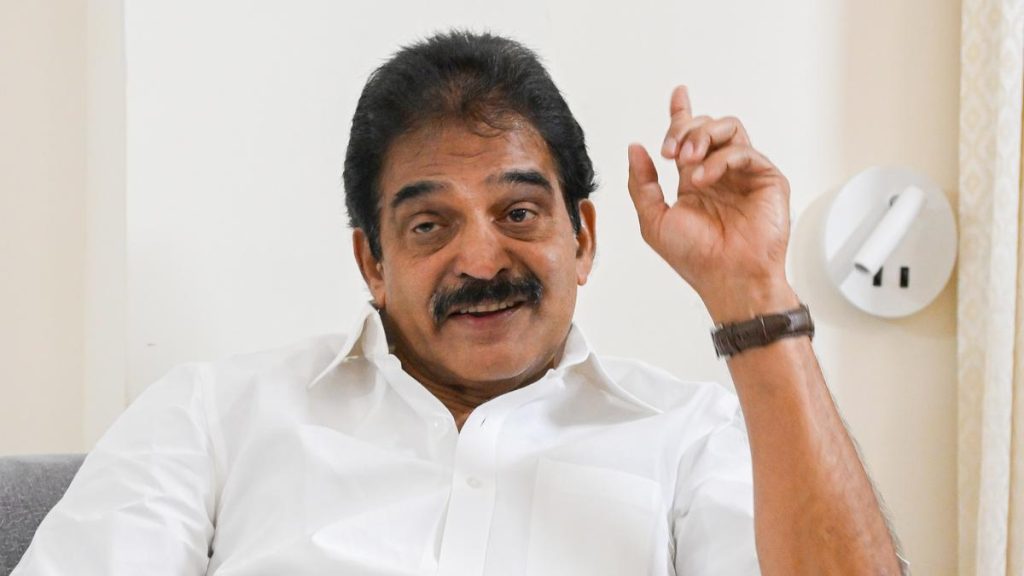Now Reading: SC Refuses to Quash FIR Against Journalist Abhisar Sharma, Grants Interim Arrest Protection
-
01
SC Refuses to Quash FIR Against Journalist Abhisar Sharma, Grants Interim Arrest Protection
SC Refuses to Quash FIR Against Journalist Abhisar Sharma, Grants Interim Arrest Protection

Fast Summary
- The Supreme court of India granted journalist Abhisar Sharma four weeks’ interim protection from arrest concerning an FIR lodged by Assam Police under Section 152 of the Bharatiya Nyaya Sanhita (BNS).
- Section 152 criminalizes acts endangering the sovereignty,unity,and integrity of India.
- Sharma was asked to approach the Gauhati High Court for relief regarding his FIR linked to his video questioning tribal land allotment to a private company in Assam.
- Senior advocate Kapil Sibal argued that Section 152 is being used indiscriminately to suppress dissent but was questioned on bypassing High Court procedures.
- The Union government has been directed to respond to Sharma’s plea challenging the constitutional validity of Section 152,which critics liken to the erstwhile sedition law.
- Sharma argued that prosecuting him under such provisions disproportionately targets journalistic freedom and dissent.
Indian Opinion Analysis
The case exemplifies ongoing debates between free expression and national security laws in India. While interim protection for journalist Abhisar Sharma offers temporary reprieve, invoking stringent provisions like Section 152 raises concerns about potential misuse against legitimate criticism. Critics argue its resemblance with now-suspended sedition laws heightens fears about curbing journalistic freedoms. The Supreme Court’s decision requiring recourse through lower courts ensures adherence to procedural norms while addressing constitutional validity questions separately. This nuanced approach may define boundaries surrounding new legal frameworks like BNS-balancing state authority with rights guaranteed by democratic principles.
For more details: read More






















